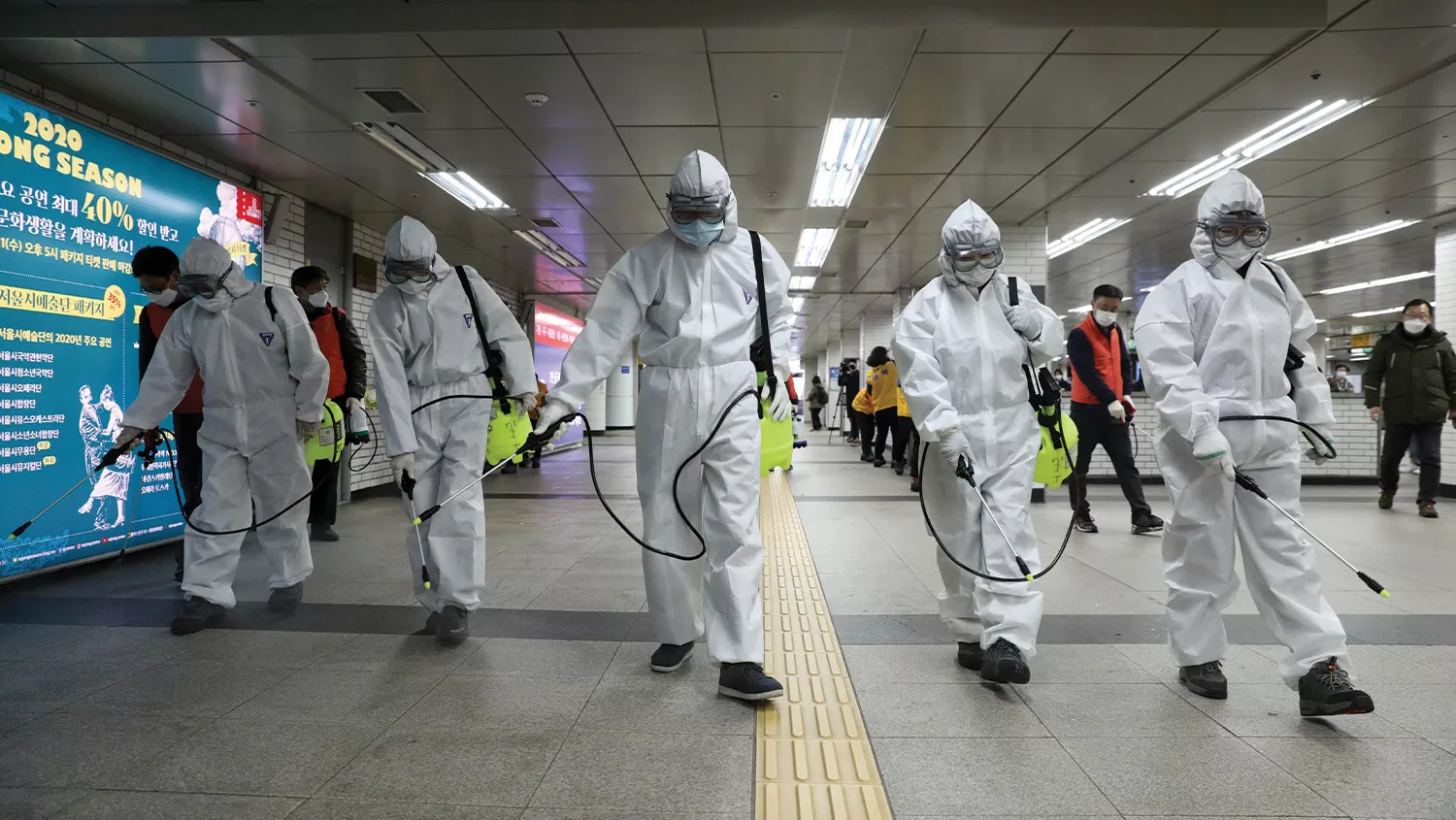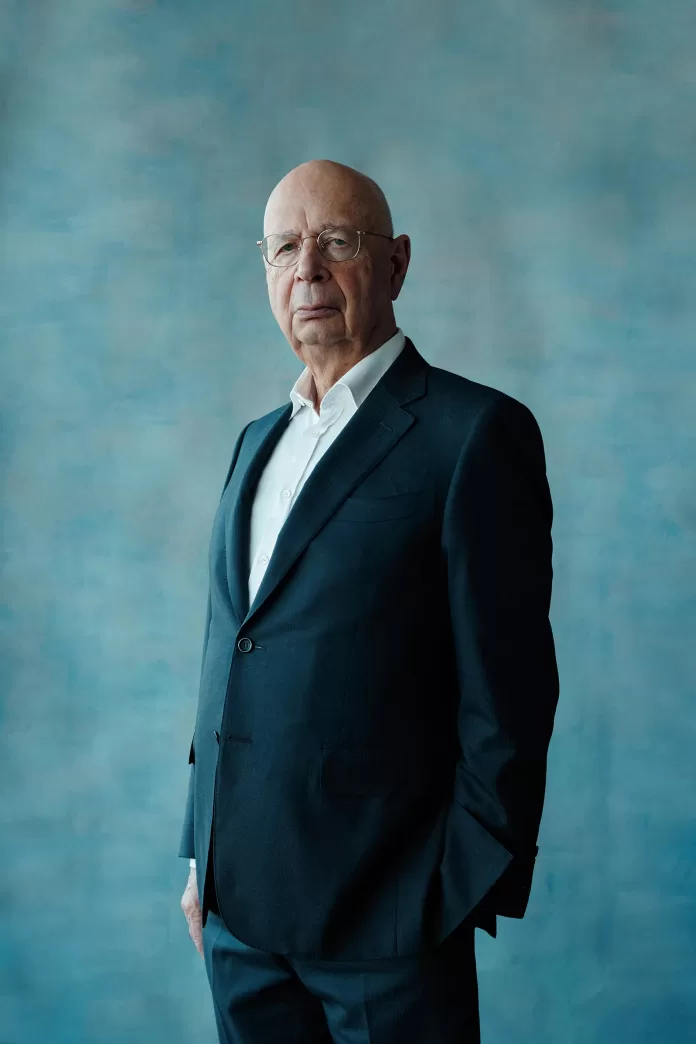Chairman’s Statement
The World Economic Forum provides a global, impartial and not-for-profit platform, acting as an independent International Organization for Public-Private Cooperation. At a time of heightened turbulence and uncertainty, the Forum is instrumental to provide deeper insight into the interconnected issues we face today, serve as a platform for meaningful connection between stakeholders to establish trust, and build structured public-private initiatives for cooperation and progress. I am pleased to share our results for 1 July 2022 – 30 June 2023 in this Annual Report, demonstrating strong and sustained growth in our efforts to serve global stakeholders.
The world faces four key transformations that are interconnected and mutually reinforcing: economic and environmental, political and geopolitical, technological, and societal. Together, these four transformations create both trade-offs and opportunities for decision-makers in government, business and civil-society. The Forum supports leaders and the wider public in understanding these challenges and in coming together to design and implement solutions.
First, as global leaders seek to conserve and restore the health of our planet, they must manage a much needed but challenging shift in our economic, production and consumption patterns. At the same time, it is also imperative that these economic shifts do not widen socio-economic gaps and instead serve as a catalyst for bridging them.
Second, an increasingly multipolar world, characterized by a growing number of state and non-state actors with competing values and systems, creates a difficult backdrop for multilateralism. Navigating this heightened uncertainty and balancing national imperatives and the needs of our common global future are among the most challenging dilemmas leaders confront today.
Third, as the Fourth Industrial Revolution enters an exponential phase of development, the rise of generative artificial intelligence will significantly transform business models and societal patterns, from education and health to how information is disseminated. Other technologies – quantum computing, synthetic biology and Web3 – may be equally consequential. Harnessing the opportunities of these technologies while mitigating societal and ecological risks is a key challenge for leaders globally.

Fourth, polarization and a sense of uncertainty is rising across societies, driven by the COVID-19 pandemic, the reshaping of global supply chains, geopolitical crises, climate change, persistent inflation and the corrosion of previous gains in development and standards of living. Leaders face the dual challenge of addressing the root causes while also dealing with the immediate effects of such division and distress.
These are formidable challenges. They require a greater balance between short-term responses and longer-term thinking, trust and objectivity, innovation and frontier thinking, and greater cooperation between governments, the private sector and civil society. These are the approaches the World Economic Forum stands for and that form the core of our work with our stakeholders.
Over the last years, we have substantially strengthened our partnerships with governments, international organizations, business and civil society. Our business partnerships grew by nearly a quarter between 2020 and 2023, reflecting the growing need for a neutral, solution-oriented platform for cooperation in the midst of global turbulence. We also renewed partnership agreements with the UN, OECD and many governments, supporting trust-based global cooperation.
The Forum’s development over the last 50 years provides the basis for this trust.
In 1971, during the first phase of our development, the Forum established itself as a not-for-profit foundation, promoting stakeholder responsibility, the concept that companies, in addition to generating economic prosperity, have a responsibility towards society and nature. During the second phase, the Forum established sustained communities, convening top political and business leaders alongside representatives of the world’s leading non-governmental organizations, trade unions and civil society, as well as a vibrant community of youth and social innovators. Today, for example, through its Global Shapers Hubs, present in over 500 cities in more than 150 countries around the world, the Forum combines a global and local approach to community engagement.
In the third phase, the Forum added research and insight development capabilities to support a stronger foundation of data, knowledge and debate for our constituents and the wider public. Last year, we published over 100 reports and white papers. They were written together with global experts in our communities to serve as thought-provoking input into policy discussions.
In the fourth phase, we created collaboration platforms, enabling all stakeholders of global society to work together to find common solutions to global issues. Over the past year, we combined these platforms into 10 distinct centres: Advanced Manufacturing and Supply Chains; Cybersecurity; Energy and Materials; Financial and Monetary Systems; Fourth Industrial Revolution; Health and Healthcare; Nature and Climate; New Economy and Society; Regions, Trade and Geopolitics; and Urban Transformation.
Today, our work in these 10 centres spans over 130 initiatives and provides frameworks for our Partners and constituents to take action and generate impact. These initiatives include the Reskilling Revolution, which aims to provide 1 billion people with better education and skills by 2030; the EDISON Alliance, which is focused on providing affordable access to digital services to 1 billion people by 2025; and 1t.org, which has the goal of conserving, restoring and growing 1 trillion trees by 2030. This Annual Report shares more about our approach to support holistic decision-making and strategic collaboration that helps improve the lives and livelihoods of millions of people around the globe.
Looking ahead, we are entering a new phase in our development, deepening our collaboration with business, government, civil society and other stakeholders to strengthen the impact of our work, and broadening access to our endeavours through our digital platforms. In particular, this includes the Global Collaboration Village, where we are working with over 130 partners, including top technology companies, international organizations, academic institutions and civil society organizations, to harness the power of the meta-verse and artificial intelligence to facilitate global collaboration and learning experiences.
The power of human ingenuity, entrepreneurship, innovation and cooperation are central to our mission. The complex challenges the world faces need a forum for rigorous and respectful dialogue between and among leaders who have different beliefs and viewpoints, where diversity of thought is respected and all voices can be heard. Achieving this mission is made possible by all our stakeholders, who come together to find common ground and seize opportunities for positive change, and by my colleagues, who are committed to driving impact. Together, we can improve the state of the world.




